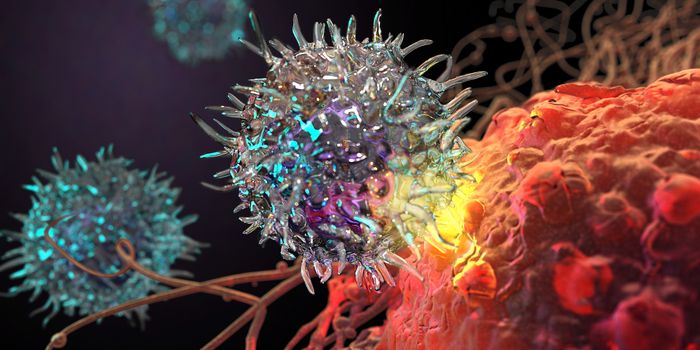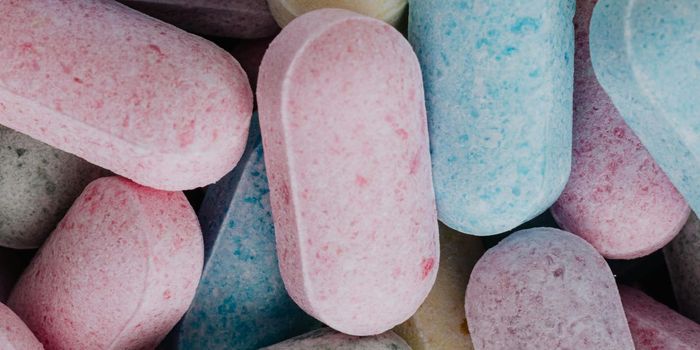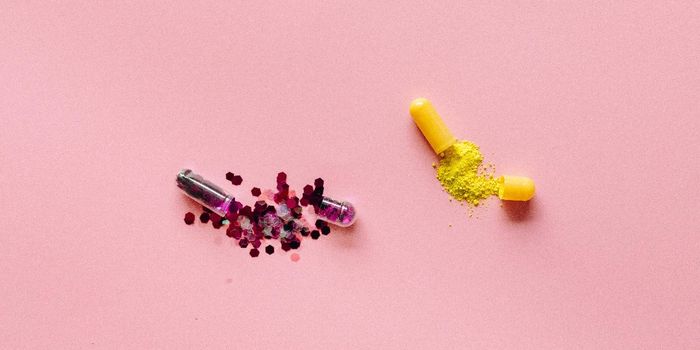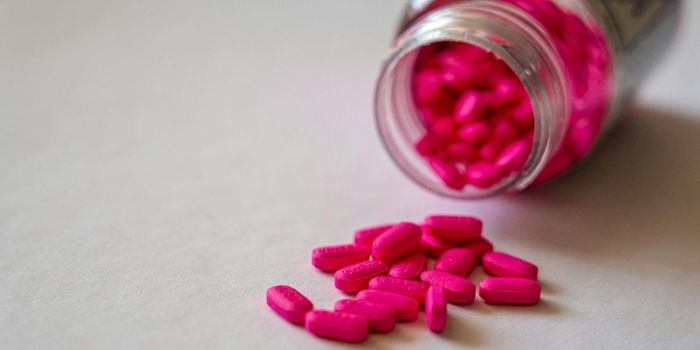Synthetic Coating Improves Survival of Oral Medications During Digestion
We’re probably all familiar with the (sometimes unpleasant) experience of swallowing pills. Whether ibuprofen for a headache or antibiotics, pills have become an easy way to deliver medications to a wide range of people for a wide range of conditions.
However, many medications can’t be developed into a pill or tablet formulation. There are two reasons for this, and both have to do with our digestive systems. First, a lot of medications simply can’t survive the harsh environment that is our stomachs. It’s full of acid and designed to break things apart. As a result, many medications need to be injected or implanted, which comes with its own set of challenges and limitations.
Second, many medications administered orally become less bioavailable because, during digestion, much of it is decomposed, so less is available in the bloodstream for the body to use.
A new study published in Nature Communications describes a new material that could be used to protect various therapeutics, opening the door for many more medications to become available in oral form. The study was also supported by the National Science Foundation and the Air Force Office of Scientific Research.
The material, which the research team from the University of Massachusetts Amherst calls “polyzwitterionic complex,” or pZC, is designed to hold up against the extreme acidity in the stomach but still dissolve when it hits the lower intestine. This allows medications to survive to the crucial absorption point in the lower intestine. The material is made of two polymers, polyzwitterion and polyelectrolyt, which, when combined, form a “drop” that can be used as a vehicle to deliver medications to the body. However, rather than forming strong bonds between these two materials, the team made them weak. This weakness gives the team some flexibility on when and how the material comes apart to release medication into the body.
Ultimately, the ability to make medications orally available can be a game changer for both clinicians and patients, expanding timely access to vital drugs.
Sources: Science Daily; Nature Communications








